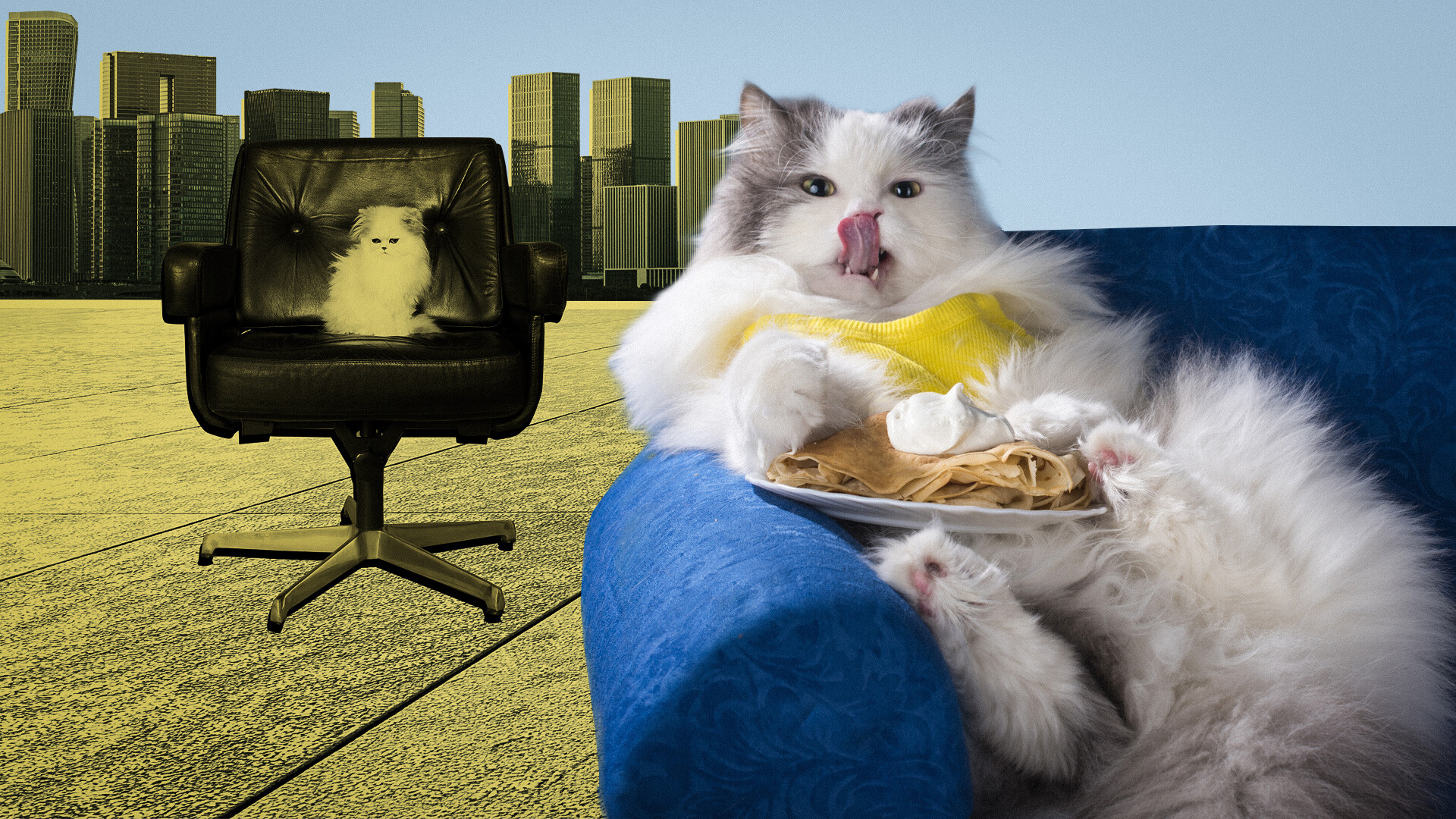What does the expression “not all the time is Maslenitsa for the cat” mean?

Here we need to remember when and how Maslenitsa week is celebrated. For seven days, people have fun, bake pancakes with various fillings and finish saying goodbye to winter by burning an effigy of Maslenitsa. And, the very next day, Great Lent begins, during which they forget about entertainment, abstain from meat and dairy products and spend time in prayer.
Therefore, the expression implies a simple truth: holidays are followed by weekdays and a streak of luck can be followed by a streak of bad luck.
Playwright Alexander Ostrovsky called one of his plays ‘Not all the time is Maslenitsa for the cat’. According to the plot, a rich merchant and his poor nephew are both courting a dowryless girl. She chooses the merchant for mercantile reasons. But, her mother does not want such a groom for her daughter, for the rich man is said to be a tyrant. Having learned that the merchant's nephew received a large sum of money, the mother consents to his marriage with her daughter. The retired groom is indignant at such a decision, to which he receives the following answer: “Not all the time is Maslenitsa for the cat, there is also Great Lent!" An English equivalent would be: “All good things must come to an end.”

